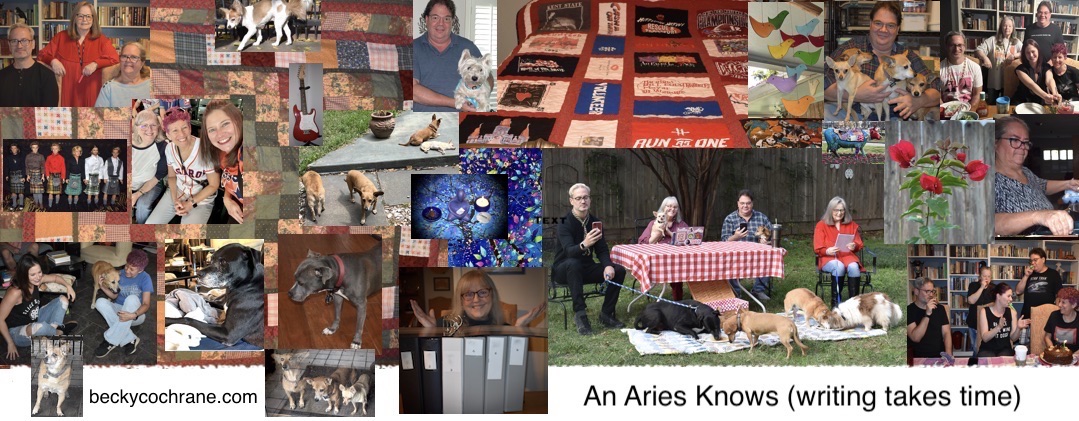Photo previously posted here was of the work Pinecone #7, oil on panel with gold leaf, 2021, by Matthew Hopkins.
I’ve always liked pinecones, and I have several small ones Tom has found on walks through the years. They’re in one of our curio cabinets. The writer (not the actor) Maggie Smith’s book You Could Make This Place Beautiful: A Memoir begins with the existence of a pine cone that exposes a betrayal and leads to the disintegration of a relationship and family. It’s painful to read, and that it’s so sparingly, artistically written made it break my heart more.
Other readers might not agree with me, but I rarely like writing only because I identify with it, or I think it’s describing my own experience or that of someone I know or care about. I want to be absorbed into a world that exists in and of itself, for its own self, whether it’s memoir/autobiography, biography, fiction, or poetry. I don’t need to find myself in a work, only to find something authentic.
That being said, once I closed the book and thought about its impact, I did reflect on betrayal. I’ve experienced it a few times (not the way Smith has), to varying degrees, with mixed outcomes, and almost certainly with forgiveness because for me, that’s a vital step in removing its power. A person who’s betrayed me may not remain part of my life, and I don’t forget (because there are lessons in everything), but I’m not a grudge holder, and I’m not vindictive. Again, that’s a way to retake control of my own story from the one who betrayed me.
I also acknowledge there are times in my life when others have felt betrayed by my actions. I hope I was forgiven and think I’m more likely to have been forgotten, whatever outcome was best for them. I wasn’t malicious, just young and/or stupid and/or careless, and sometimes just lost.
“Betrayal” was number two of a topic list I made here on June 7, and I’d posted a photo that included the book filled with Post-it Flags. I’ll flip through it now to see if there are any quotes that, having resonated with me despite my very different story, might resonate with you.
p 169: “I am not alone. Whatever else there was or is, writing is with me.–Lidia Yuknavitch”
p 211, in a chapter titled “About The Body”: “My trigger is stress, so my treatment is perspective.”
p 236: “How I picture it: A scar tells a story about pain, injury, and healing. Years, too, are scars. … The year of Rilke written on a yellow sticky note … referred to daily: ‘Let everything happen to you: beauty and terror. Just keep going. No feeling is final.’”
